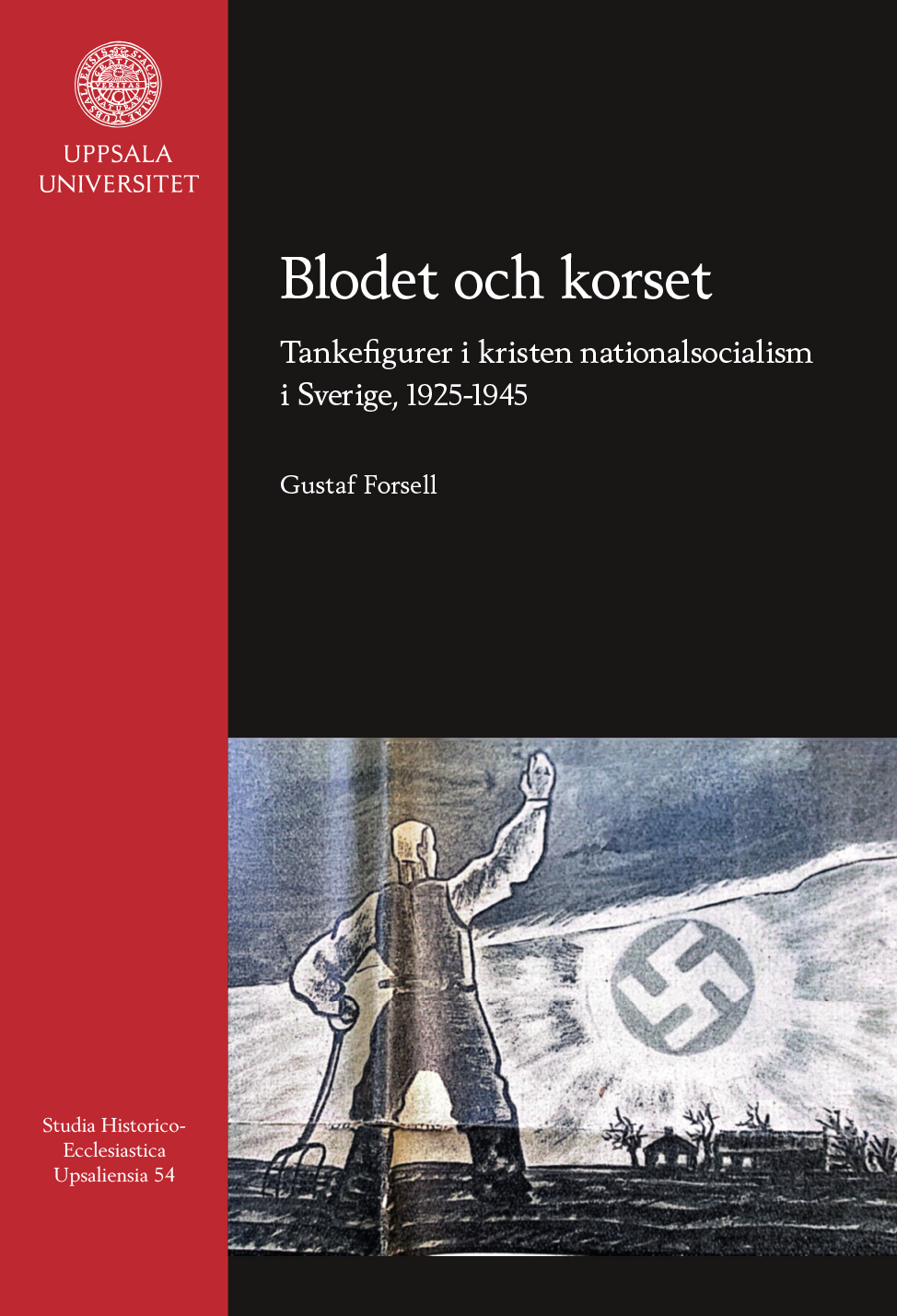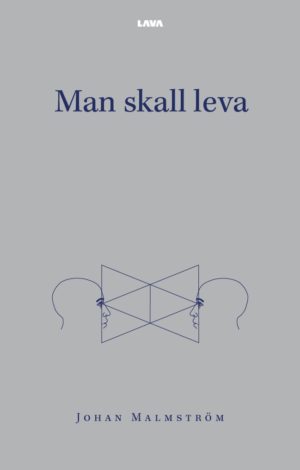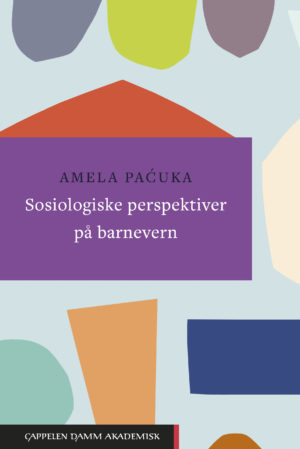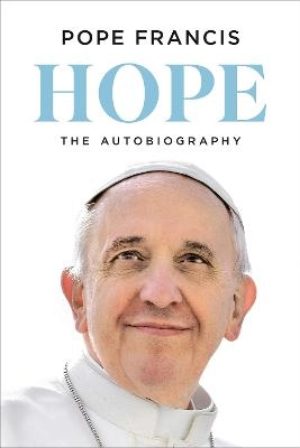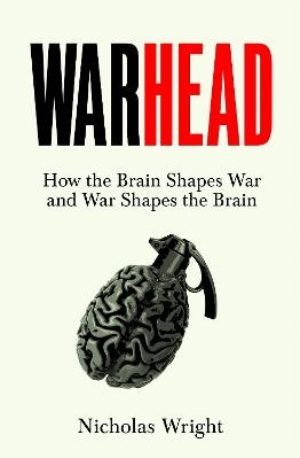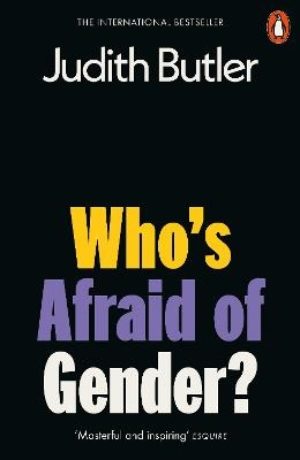This dissertation outlines continuity and change in how national socialists in Sweden incorporated ideas of Christianity into their political project to establish a national socialist society from 1925 to 1945. The study includes national socialism into the political family of generic fascism – a genus of political ideology, often expressed as a worldview, whose mythic core in its various permutations is a palingenetic form of revolutionary, anti-egalitarian radical nationalism. The study focuses on Christian national socialism as a current within the Swedish national socialist landscape, showcasing a variety of conceptions pertaining to race, culture, society, history and theology. The study builds on a theoretical framework, which departs from ideas and their context being interrelated and that actors construe thought-figures (tankefigurer) in order to create order and coherence vis-à-vi their surroundings. The actors analysed in this dissertation are: the magazine The Nation, the political parties the Swedish National Socialist Party and the National Socialist Workers’ Party/Swedish Socialist Coalition, the organisation the Manhem Society, and the priests Ernst Ålander and Nils Hannerz. They sought in their political operations to reinforce ideas of a supreme but lost past followed by a degenerated present by desiring a struggle for a pervasive revolutionary national and/or racial revival. Ideas of Christianity were part of their racial interpretations of Swedish society – but in various ways, e.g. in how they related to Norse mythology. In conclusion, Swedish national socialists generally aspired, when issues regarding Christianity were concerned, a racial form of liberal theology interwoven with the Nordic racial soul and “liberated” from alleged Catholic and primarily Jewish elements. The national socialist state they sought to establish would include a folk church (folkkyrka) based on Jesus’ ethical teachings anchored in notions of Nordic racial supremacy.
